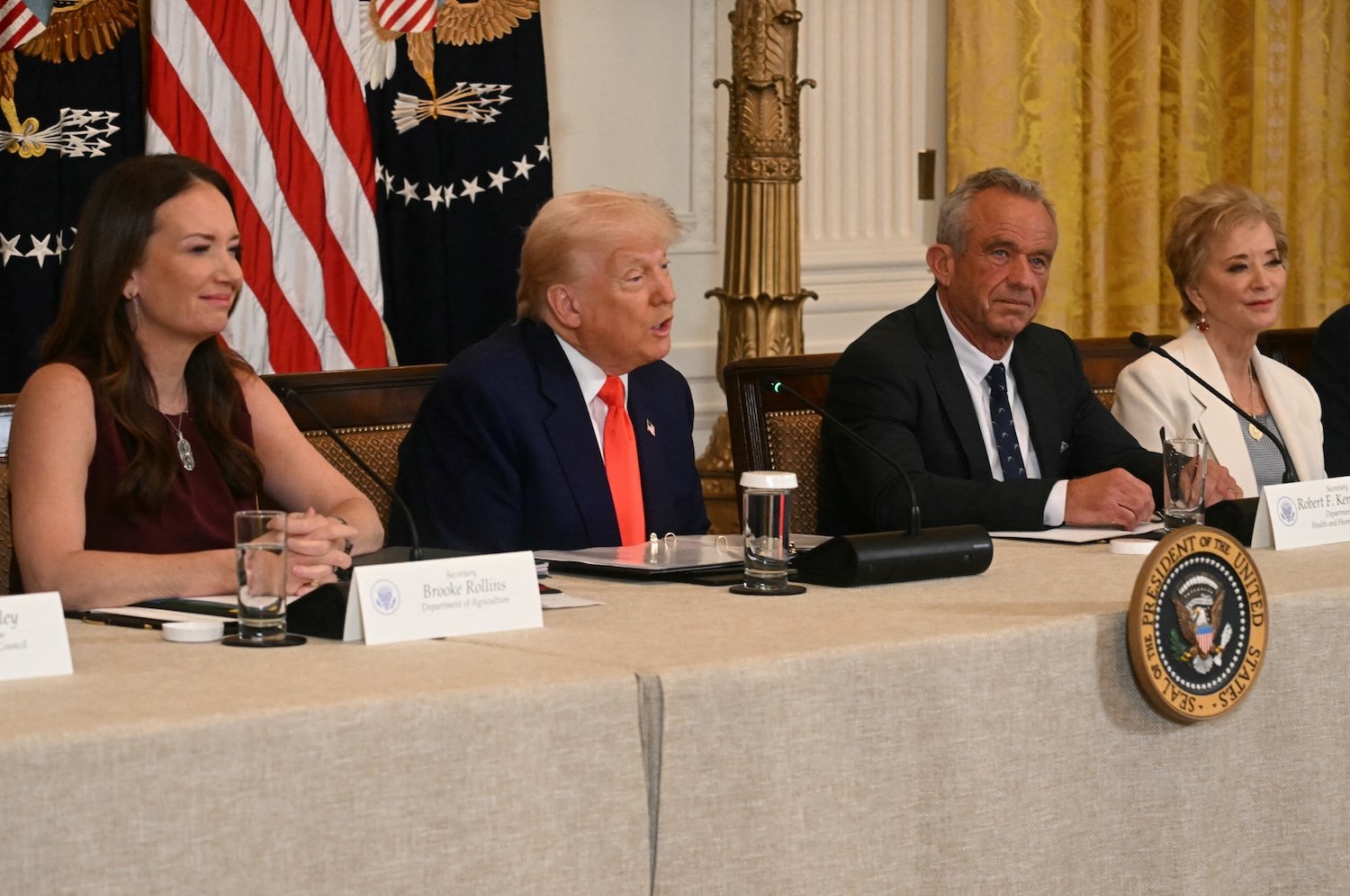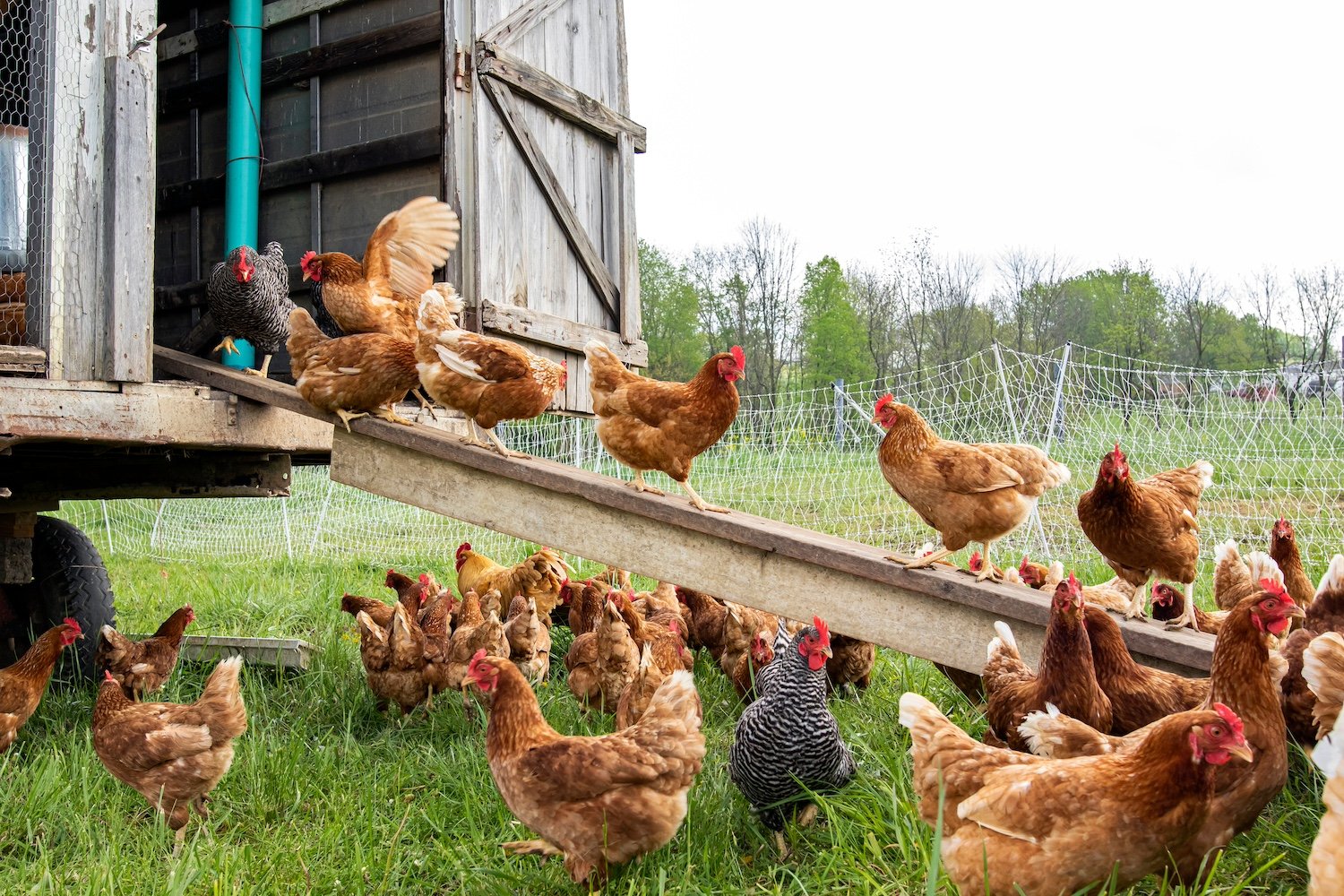Moderna has temporarily withdrawn its application for its Moderna combination vaccine for influenza and COVID-19, despite promising early trial results. This decision, reported by Reuters, signals a potential shift influenced by increased vaccine scrutiny within the federal government, possibly reflecting concerns similar to those voiced by HHS Secretary Robert F. Kennedy Jr.
Future Plans for the Combination Shot
Moderna has not abandoned its innovative dual vaccine. The company intends to resubmit its application later this year, pending further data collection from its ongoing Phase III trials. These trials are crucial for comparing the new treatment’s efficacy against existing separate vaccines for flu and COVID-19. Early findings have been encouraging, indicating that recipients of the combo shot developed an immune response comparable to or even stronger than those who received individual vaccines. However, due to this strategic pullback, Moderna does not foresee potential FDA approval until at least 2026.
Stricter FDA Oversight on COVID-19 Boosters
The decision to delay the combination vaccine application followed closely on the heels of a significant FDA announcement. The agency will now mandate new clinical trials before approving annual COVID-19 boosters for healthy Americans under 65. This new protocol requires boosters to undergo randomized, controlled trials, a more rigorous process. Vaccine manufacturers have expressed concerns that this could substantially delay the availability of updated shots, potentially rendering them less effective against currently circulating COVID-19 strains.
Regulatory Impact and New Vaccine Warnings
These tightened FDA requirements are already affecting other vaccine approvals. Novavax’s COVID-19 vaccine, for instance, received its approval last week more than a month past its initial deadline. Furthermore, the FDA restricted its use to individuals over 65 or those aged 12-64 with underlying conditions that elevate their risk of severe COVID-19.
In a related development, the FDA is also compelling manufacturers of existing COVID-19 vaccines to include an expanded warning label concerning the risk of myocarditis (heart inflammation). While myocarditis is a recognized potential side effect of the vaccines, multiple studies indicate that a COVID-19 infection itself poses a significantly higher risk of myocarditis, particularly in young people, compared to vaccination.
Navigating a Shifting Vaccine Landscape
Moderna’s temporary withdrawal of its promising combination flu and COVID-19 vaccine application, coupled with the FDA’s more stringent approval processes for COVID-19 boosters, highlights a more cautious regulatory environment. While the aim is enhanced safety and efficacy, these changes may also influence the speed at which new and updated vaccines reach the public, impacting public health strategies against evolving respiratory viruses.











